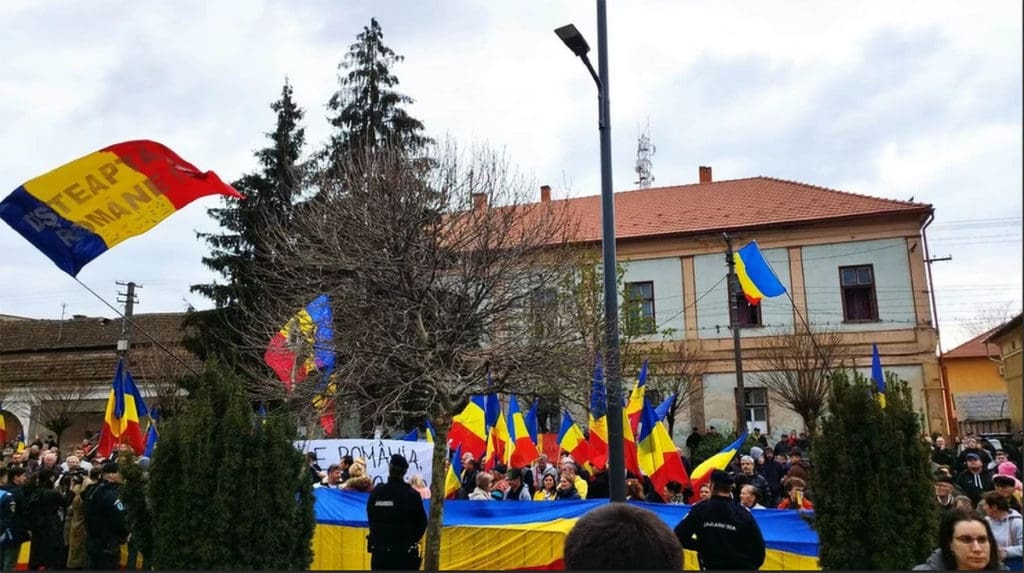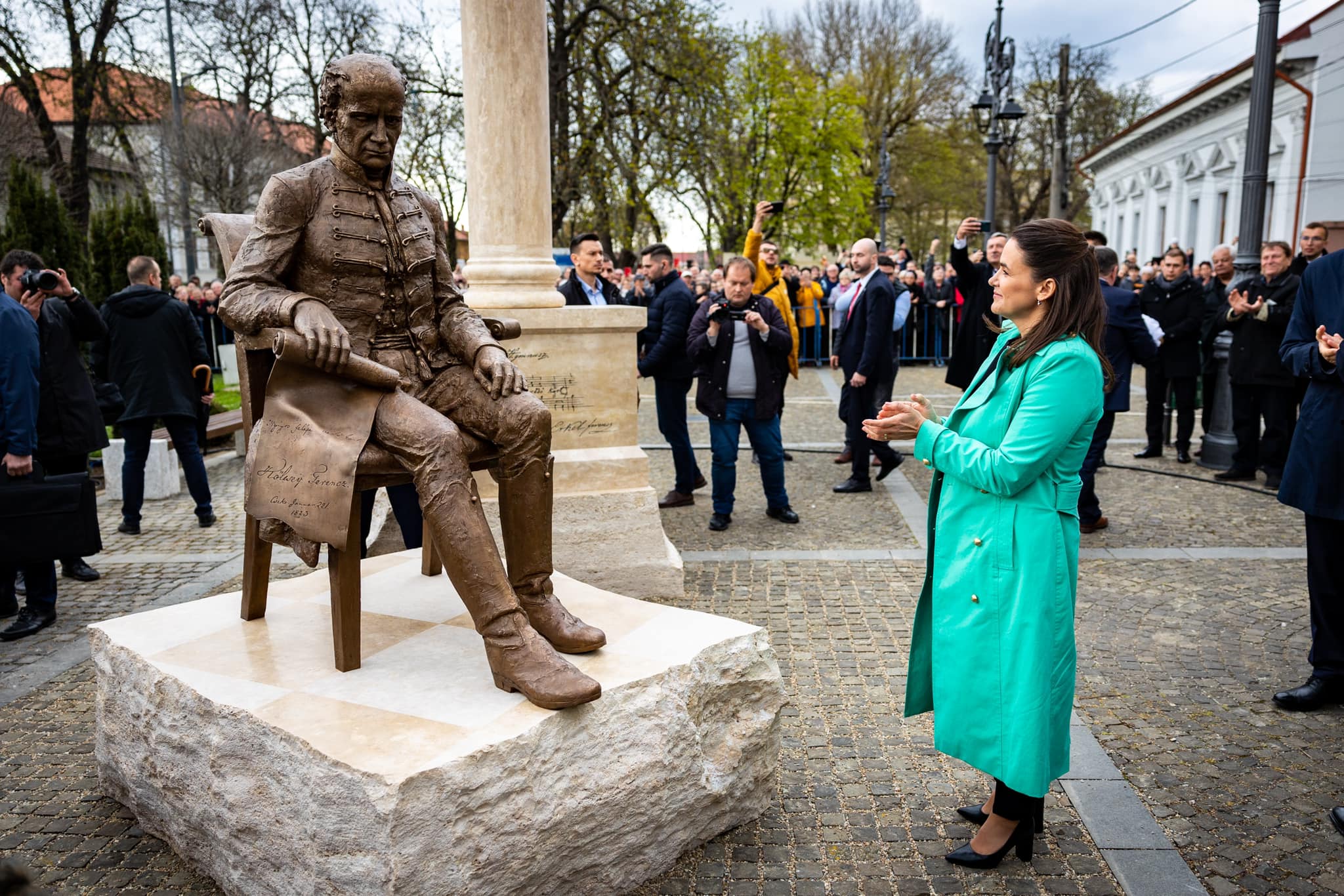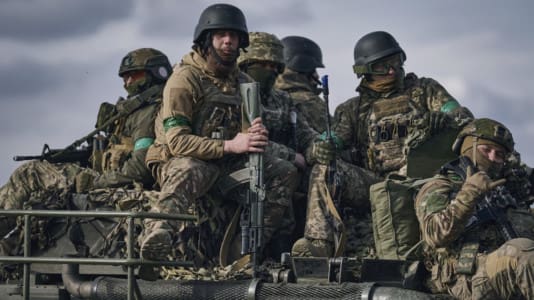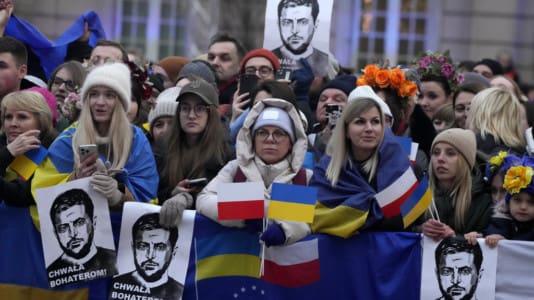On Wednesday, Hungarian President Katalin Novák inaugurated a statue of Ferenc Kölcsey, who wrote the lyrics to Hungary’s national anthem, in the Transylvanian town of Nagykároly. However, the radical nationalist movement Calea Neamului (Nation’s Way) and its leader, Mihai Tirnoveanu, were also present to protest, directing anti-Hungarian chants at the Hungarian head of state.
Dozens of Romanian nationalist demonstrators marched in front of the mayor’s office in Nagykároly, the very spot where Novák, the main patron of the event, unveiled the statue of Ferenc Kölcsey shortly afterward.
Before the arrival of the Hungarian president, however, the tabloid Blikk reported that the protesters had unfurled a huge Romanian flag and waited for the statue to be unveiled, chanting patriotic and anti-Hungarian slogans. The event was secured by a large number of police.

The paper reported that the town’s mayor, Jenő Kovács, spoke first, followed by Hunor Kelemen, an ethnic Hungarian and president of the Democratic Alliance of Hungarians in Romania. There was almost continuous chanting during their speeches. The crowd only quieted down when Kelemen continued his speech in Romanian.
At the event, Novák said that “we have to stand up for our common past and our common future, because it is not only our common future but also our common past that is at stake. Wherever we live, we Hungarians can always count on each other.”
During the Hungarian president’s speech, the anti-Hungarian chants and banging continued. The protesters also carried a banner with the inscription: “One thing is eternal: Transylvania is Romanian land!”
Romania is home to a sizeable ethnic minority that was cut off from Hungary due to the Treaty of Trianon, which was signed after World War I and led to Hungary losing approximately 72 percent of its territory and 64 percent of its population to Ukraine, Romania, Czechia, Slovakia and Austria.






